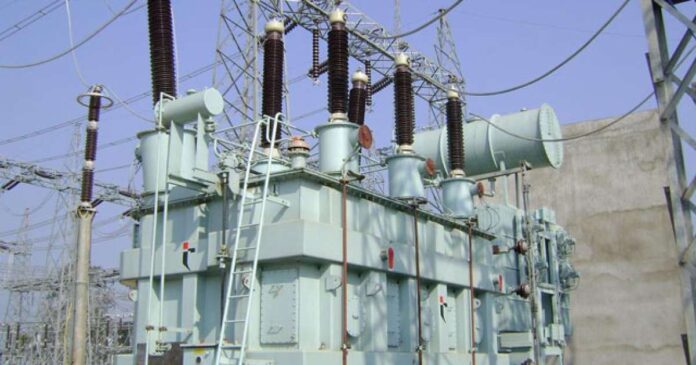Nigeria’s Department of Petroleum Resources (DPR) has launched Value Monitoring and Benchmarking (VMB) to promote transparency and accountability in the oil and gas sector.
Mr Mordecai Ladan, the Director of DPR, said in Lagos at the launch that the VMB of oil and gas assets development was part of DPR’s regulatory oversight function.
Ladan, represented by Mrs Pat Mesali, Head, Upstream, Monitoring and Regulation, said the VMB was a regulatory framework aimed to scale up best-in-class regulatory values.
It is also to strategically monitor and benchmark industry cost performance with transparent and standardised digital platform, hence, stimulate sustainable competitiveness for growth and development.
“It is to promote transparency and predictability through cost evaluation and benchmarking of assets development and operational data. This will stimulate industry competitiveness and investment influx through analysis and valuation of producing and non-producing assets for viability and net worth purposes.
“Assessment and benchmarking of fiscal terms impact on asset development and operations as a guide for policy decisions for future development.
“It will underscore hydrocarbon cost implication to capital expenditure diversification and maintain industry cost data repository,” he said.
Meanwhile, the DPR also launched its annual report tagged: “2017 Nigerian Oil and Gas Industry Annual Report”.
Ladan said the report tended to give credence to the traditional views on the Nigerian downstream sector and, especially it’s weak link to the domestic upstream sector.
The crude oil production aggregately peaked at 2.07 million barrels per day during the period, the total installed capacity of the local refineries remains at 446,000 barrels per day.
H said that the need for growth in the refinery sub-sector has become increasingly urgent, considering that capacity utilisation in the year under review was merely 8.67 per cent.
“The availability of petroleum products in Nigeria continues to depend primarily on the importation of such products. The importation of petrol stood at an average of 45.8 million litres per day; posting a decrease of 7.8 per cent from 2016.
“For diesel mainly used for private power generation, the average volume imported in 2017 was 11.6 million litres per day; a decrease of 4.5 per cent when compared with the importation volume for 2016.
“Average importation for Aviation Turbine Kerosene (ATK) was 1.7 million litres per day in 2017 which is equal to a marginal decrease of 3.86 per cent when compared to 2016 volume.’’
The decrease in the importation volumes which may be attributed to an increase in landing cost among other reasons, he said may have been responsible for the fuel scarcity experienced towards the end of 2017.
Nigeria launches initiative on transparency in oil, gas
RELATED ARTICLES




